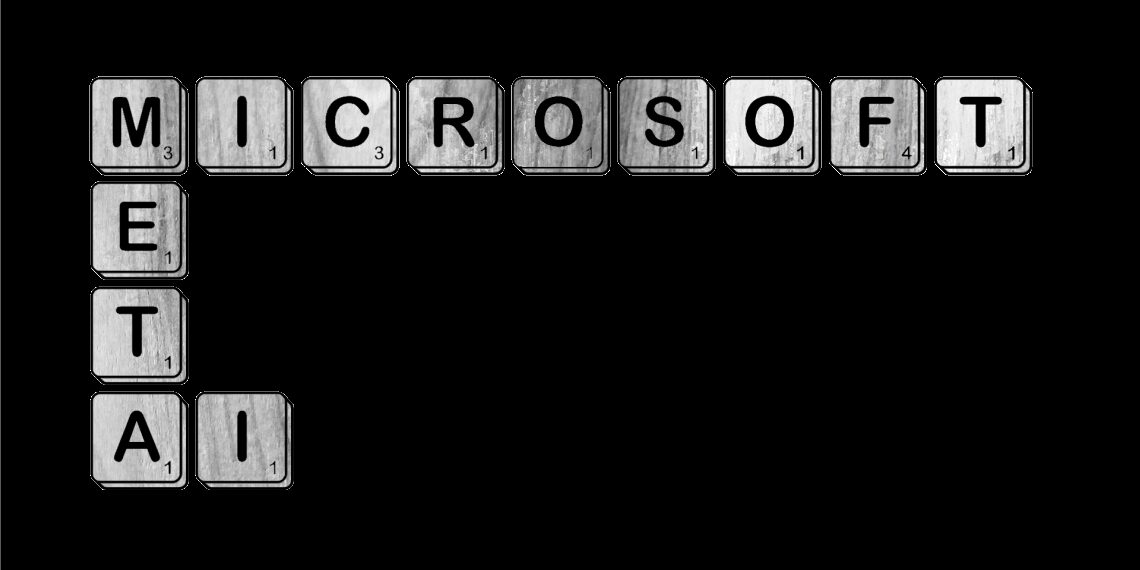Meta has announced the release of Llama 2, an artificial intelligence (AI) tool that has gained significant demand since its initial version was introduced in February. In a press release on July 18, Meta confirmed that Llama 2 will be open source and available for free to researchers and enterprises. To facilitate its rollout, Meta is collaborating with Microsoft, resulting in several integrations with Microsoft’s existing products. The company also revealed that Llama 2 will be accessible through Microsoft’s Azure AI model catalog. Currently optimized for Windows, Meta aims to bring generative AI experiences to customers across multiple platforms.
Meta’s decision to make Llama 2 open source is rooted in its commitment to ensuring safe AI usage. By allowing access to the AI model, Meta believes it will undergo rigorous stress testing by various developers and researchers. The company has emphasized its long-standing dedication to exploratory research, open-source initiatives, and collaboration with academic and industry partners.
Transparency is a core focus for Meta in the development and implementation of Llama 2. The company has subjected the model to comprehensive safety evaluations and published transparency, use policy, and responsible use guide documents for public reference. By embedding transparency into their offering, Meta aims to promote the responsible and safe use of AI.
Experts have speculated that Meta’s commercial release of Llama 2 is a strategic move to compete with industry leaders like OpenAI and Google. OpenAI’s ChatGPT and Google’s Bard have a substantial user bases since their respective launches. While these competitors have opted to keep their AI models closed source, Meta’s decision to make Llama 2 open source and free presents an opportunity for Meta to gain a substantial market share.
Notwithstanding its potential market success, Meta encountered legal challenges following the release of Llama 1 earlier this year. Comedian Sarah Silverman and two authors filed class-action lawsuits against Meta, accusing Mets of infringing on their intellectual property rights by using their copyrighted materials to train its AI platform without permission. OpenAI, another defendant in the case, has also been involved in similar intellectual property violation disputes in California.
In addition to copyright concerns, the development of AI has faced criticism due to the potentially significant risks it poses to areas such as finance, healthcare, news, and the electoral process. These concerns highlight the need for responsible and ethical AI development to mitigate potential negative consequences.
Meta’s release of Llama 2 represents a significant development in the AI industry. With its open-source license and emphasis on transparency, Meta aims to carve out a distinct position in the market while addressing concerns surrounding AI usage. However, legal challenges and ongoing criticisms of AI’s potential risks continue to alter the landscape of AI development and implementation.
The whytry.ai article you just read is a brief synopsis; the original article can be found here: Read the Full Article…





